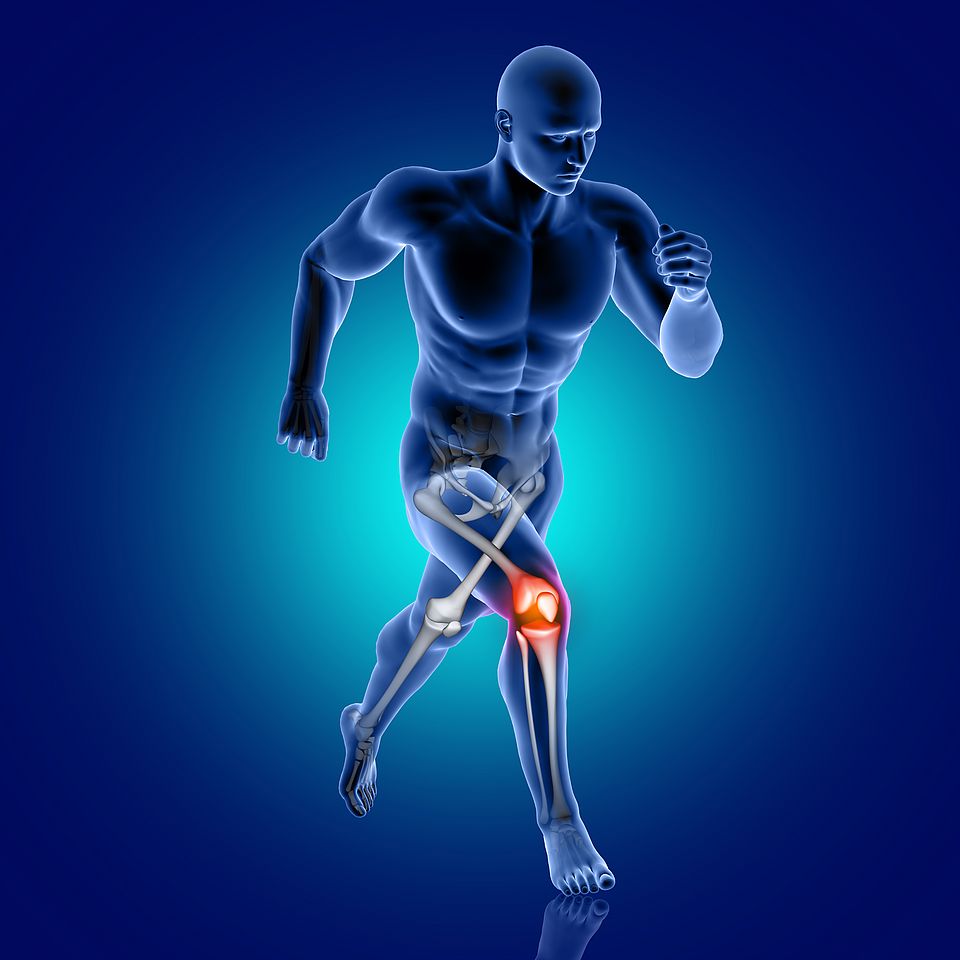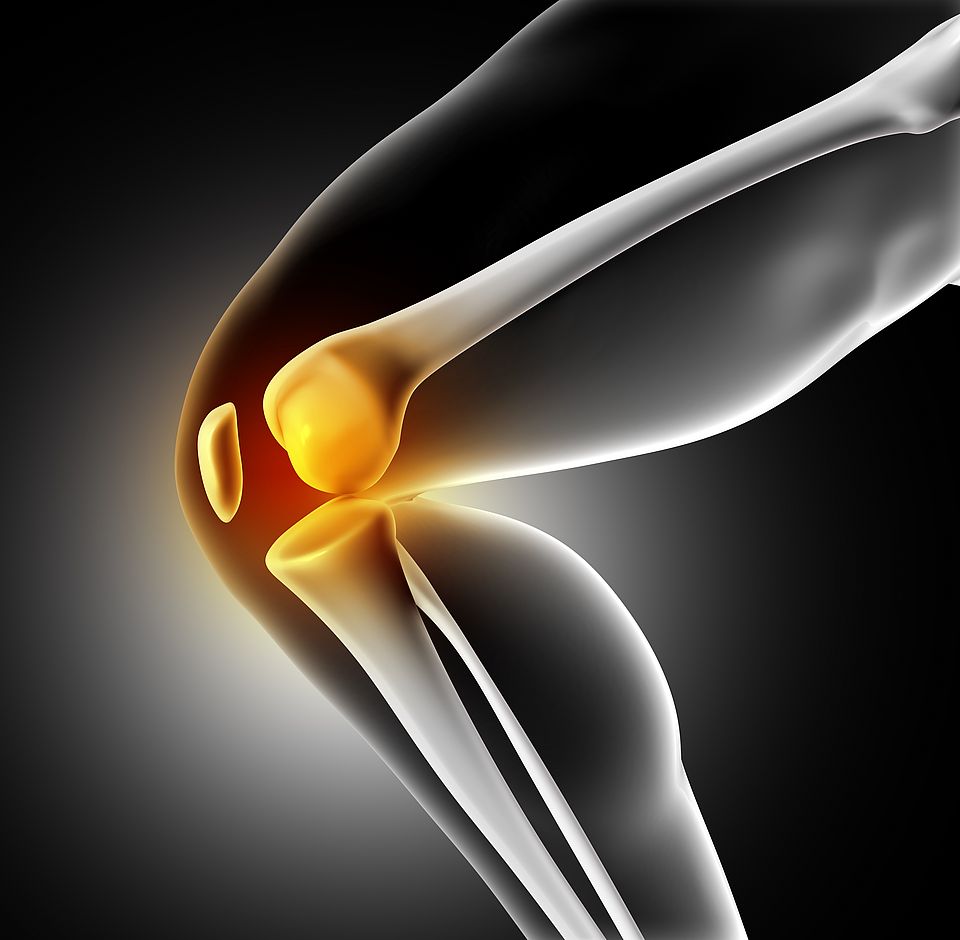The clinical studies
Several clinical studies for treatment of articular cartilage defects have been carried out with the Nasal chondrocyte Tissue Engineered Cartilage (N-TEC). Click here to read more about past and current clinical trials.
Initial studies have shown the safety and efficacy of using Nasal chondrocyte Tissue Engineered Cartilage (N-TEC) to heal focal cartilage defects in the knee, alleviate patient’s symptoms and thus improve quality of life. If you want to know more about our previous clinical studies, please click below:
Phase I (clinicaltrials.gov identifier: NCT01605201): This study focuses on focal cartilage lesions of a size of 2-8 cm2 with exposure of the subchondral bone (full-cartilage defect). The study has been carried out with the goal to demonstrate safety and feasibility of this procedure and collect first data on efficacy. Overall, 18 patients have been included in this study. No serious adverse reactions have been reported over the planned follow-up period of 2 years. Most patients could profit from the treatment. Based on these promising results, an international multicenter phase II clinical study has been initiated.

Phase II (clinicaltrials.gov identifier: NCT02673905): The international phase II multicenter study has been carried out in four European countries in five clinical centers (University Hospital Basel, Switzerland (lead); University Hospital Sveti Duh, Croatia; Medical Centre – University of Freiburg, Germany; Orthopaedic Hospital König Ludwig Haus, Germany; Galeazzi Orthopaedic Institute, Italy). The study aims at demonstrating clinical efficacy of the technique in the same indication as in phase I, comparing a cell-seeded scaffold (N-CAM) with a cartilaginous tissue (N-TEC). 108 Patients have been enrolled and 97 treated with the nasal chondrocyte tissue engineered cartilage (N-TEC) or the cell-seeded scaffold (N-CAM). The study has been closed November 2022. Results showed that patients of both groups could benefit from the therapy, but with statistically significant superiority of outcome (globally and related to symptoms, sport activities and quality of life) in the patient group treated with mature engineered cartilage (N-TEC). This study also demonstrated the efficacy of this approach for the treatment of pre-OA large cartilage lesions (> 4cm2) or knees that were previously operated with standard approaches, i.e., cases known to negatively affect the efficacy of regenerative treatments.

Current studies
PFOA II (knee cap osteoarthritis)
We are planning to start a randomized clinical phase II study on knee-cap osteoarthritis (PFOA) in the beginning of 2024 to demonstrate efficacy of our innovative treatment. The study design will include two groups either treated with the tissue engineered graft (N-TEC) or with the standard therapy (injection of platelet rich plasma (PRP)). Patients will be randomly assigned to one of the groups. The follow-up will continue for two years to assess the clinical efficacy of the treatment. The study is funded by the Swiss National Science Foundation within the frame of an Investigator Initiated Clinical Trial Program and will be carried out in seven Swiss centers and two centers in Germany.
Main inclusion criteria are:
- Symptomatic PFOA grade 1-3
- Cartilage defect Grade 3-4 of the patella, trochlea femoris or both
Main exclusion criteria are:
- Prior surgical treatment of the target knee within 12 months
- Degenerative joint disease of the tibiofemoral joint (towards the shin)
- Symptomatic meniscus lesion
- Patient has chronic rheumatoid arthritis, and/or infectious arthritis
- Osteoarthritis on the medial or lateral compartment
Participating centers:
- University Hospital Basel (BS)
- Crossklinik Basel (BS)
- Ospedale Regionale di Lugano (TI)
- Inselspital Bern (BE)
- Schulthess Klinik Zurich (ZU)
- Hôpitaux universitaires de Genève (GE)
- Sportclinic Zurich (ZU)
- Medical Center - University of Freiburg (Germany)
- König-Ludwig-Haus, University of Wurzburg (Germany)
ENCANTO (knee cap osteoarthritis)
We are planning to start a randomized clinical phase II study on knee-cap osteoarthritis (PFOA) in the beginning of 2025 to demonstrate efficacy of our innovative treatment. The study design will include two groups of patients based on their stage of osteoarthritis: a group for early to moderate PFOA and a group for advanced PFOA. In the early PFOA group of patients, we will compare our innovative treatment (N-TEC) to a surgical procedure (autologous matrix induced chondrogenesis, AMIC). In the group of patients with advanced stages, we will compare N-TEC to (partial) knee endoprosthesis (joint replacement). After assessment of the stage of PFOA, patients will be randomly assigned to one of the treatment groups. The follow-up will continue for two years to assess the clinical efficacy of the treatment. The study is funded by the European Union within the frame of the Horizon Europe projects. The study will be carried out in 10 clinical centers.
Main inclusion criteria are:
- Symptomatic PFOA Iwano grade 1-4
- Cartilage defect Grade 3-4 of the patella, trochlea femoris or both
Main exclusion criteria are:
- Prior surgical treatment of the target knee within 12 months
- Degenerative joint disease of the tibiofemoral joint (towards the shin)
- Symptomatic meniscus lesion
- Patient has chronic rheumatoid arthritis, and/or infectious arthritis
- Osteoarthritis on the medial or lateral compartment
Participating centers:
- University Hospital Basel (Basel, Switzerland)
- Crossklinik Basel (Basel, Switzerland)
- Fondazione policlinico universitario campus bio medico (Rome, Italy)
- Ospedale Galeazzi Spa (Milan,Italy)
- König-Ludwig-Haus University of Würzburg (Würzburg, Germany)
- Evangelisches Waldkrankenhaus Spandau (Berlin, Germany)
- Klinicka Bolnica Sveti Duh (Zagreb, Croatia)
- Orthopädisches Spital Speising GMH (Vienna, Austria)
- Oddzial Chirurgii Oroptedyczno-Urazowej Szpital Specjalistyczny im Stefana Zeromskiego (Cracow, Poland)
- Goeteborgs Universitet (Gothenburg, Sweden)
Temporary Authorization (knee, shoulder, ankle)
University Hospital Basel, USB was granted a Temporary Authorization by Swissmedic (Swiss agency for therapeutic products), which is issued, if a major therapeutic benefit is expected for the patients when treated with the innovative therapy, even for those where an alternative product or therapy may be available.
We have initiated to extend this promising therapy for the treatment of cartilage lesions in other joints, different from the knee (i.e., the ankle and shoulder), since cartilage lesions are also a challenge in these indications and there is currently no gold standard treatment available in these cases. Moreover, based on previous case studies, where N-TEC demonstrated to survive in an osteoarthritic environment, also patella-femoral osteoarthritis (PFOA) are treated under the Temporary.
Knee
- Symptomatic knee-cap osteoarthritis (Patello-femoral osteoarthritis)
- Large cartilage defects in the knee joint without advanced osteoarthritis (defects > 4cm2 in the knee joint)
- Recurrent symptomatic cartilage defect in the knee joint (after initial surgical treatment with e.g. drilling or microfracture or similar)
Shoulder
- Cartilage defects in the shoulder joint
Ankle
- Recurrent symptomatic cartilage defect in the ankle joint (after initial surgical treatment with e.g. drilling or microfracturing o.a.)
Exclusion
We currently do not treat osteoarthritis between the femur and tibia (medial/ lateral), severe meniscus defects or osteoarthritis in other joints than the knee.
